Apart from a few jokes about panic buying of toilet rolls everything else seems much the same
Life goes on. We continue to act in the same way.
Not surprising many find it impossible to fathom the carnage which lies ahead.
None of us have experienced this before…..
Testimony of a surgeon working in Bergamo, Italy (early March 2020).
Italy’s mortality rate from coronavirus is 5%. This is greater than elsewhere. Likely due to an overwhelmed healthcare system – there is talk of turning away patients over a certain age – left to die as facilities are insufficient to cope.
If you believe we have better facilities to cope in Sydney then please think again.
I work on the front line. I’ve been asked to work in the ‘dirty teams’ who’ll be intubating these patients as they’re about to go in to cardiac arrest. We’re struggling to get the equipment and training which will make us safe – we are not adequately protected.
Healthcare staff have a greater chance of succumbing to coronavirus perhaps from repeated viral exposure.
I might die, some of my colleagues will die.
We don’t have sufficient supplies for adequate protection.
We can stop this from happening.
But only if we act aggressively now while everything seems normal.
This is what the Chinese government has managed to achieve outside Wuhan.
If there are experts in managing this they are the ones who have experienced it. The leaders amongst them send us messages from across the world – pleading with us to do everything we can can to avoid their fate.
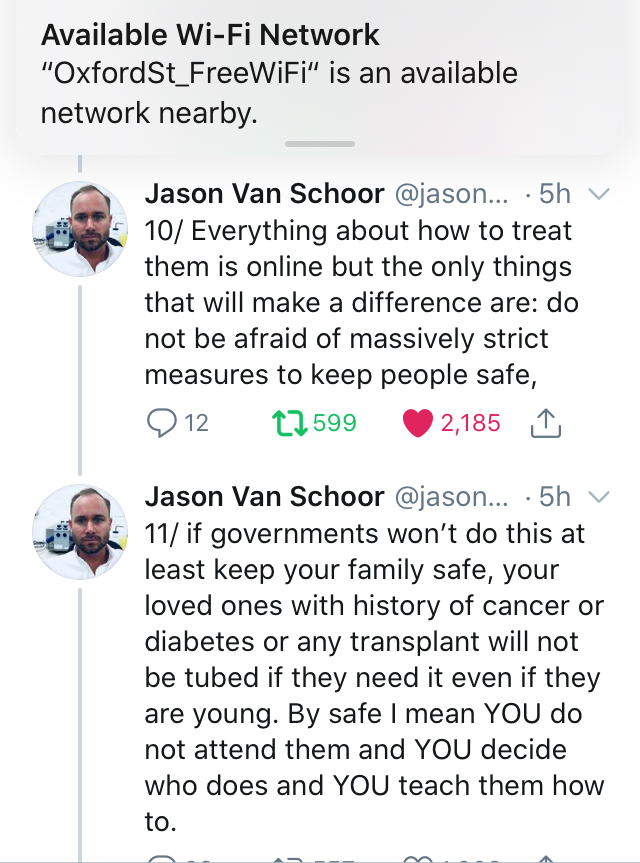
Yet we don’t listen and in Sydney the virus is silently winning. The virus can grow easily in people’s noses and throats and may be transmitted before people are aware they’re sick. Perhaps given it can lie dormant on hard surfaces for 48hrs it laughs at how we try to combat it – ‘try not to touch you’re face’, ‘wash your hands more frequently’.
Even if you test negative to coronavirus there’s a good chance that you do actually have it.
Spreading itself from person to person.
Governments too slow to act as is required – perhaps concerned about the short term effect on the economy.
For some reason testing only being done on those who have travelled from ‘at risk countries’ – yet internal spread and infection within Sydney exceeded that from those importing it on Friday 7th March.
Is testing already a waste of time – spread within the community already too great?
The virus silently waits for its opportunity to take us out in droves in overstretched under-resourced healthcare system which won’t be able to cope.
Every morning I beg my wife to keep the kids home from school. Every morning I beg my surgeons to postpone their non-urgent elective cases.
To avoid Italy’s fate we need to self isolate now.
But no one is – instead we look to our governing bodies for advice.
When our governments focus is on minimising short term economic damage I fear, given humans are such strong social conformists, that we’ll be lead off a cliff.
We aren’t listening to histories lessons – perhaps they’re too distant for us to conceive.
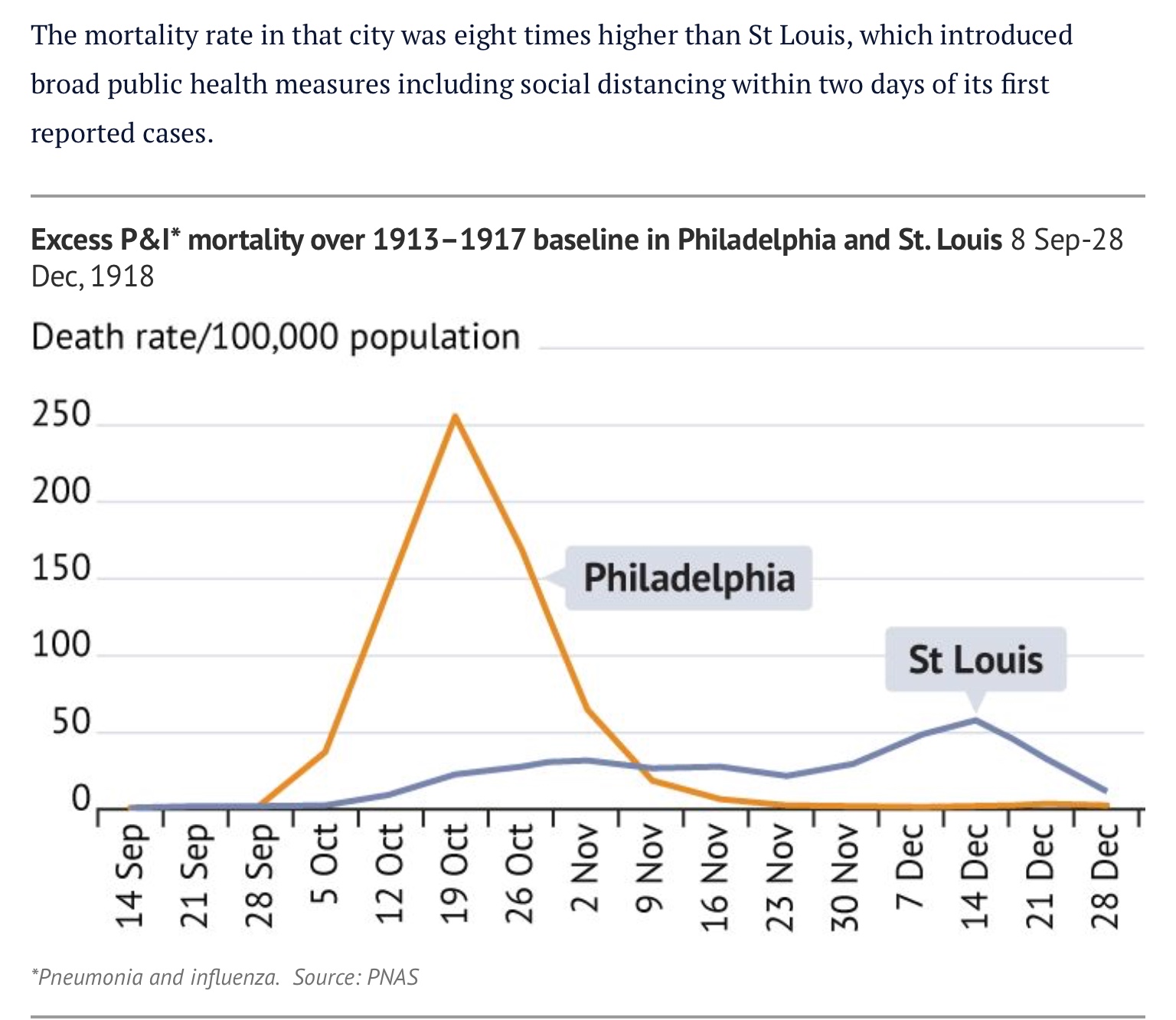
China have constrained transmission.
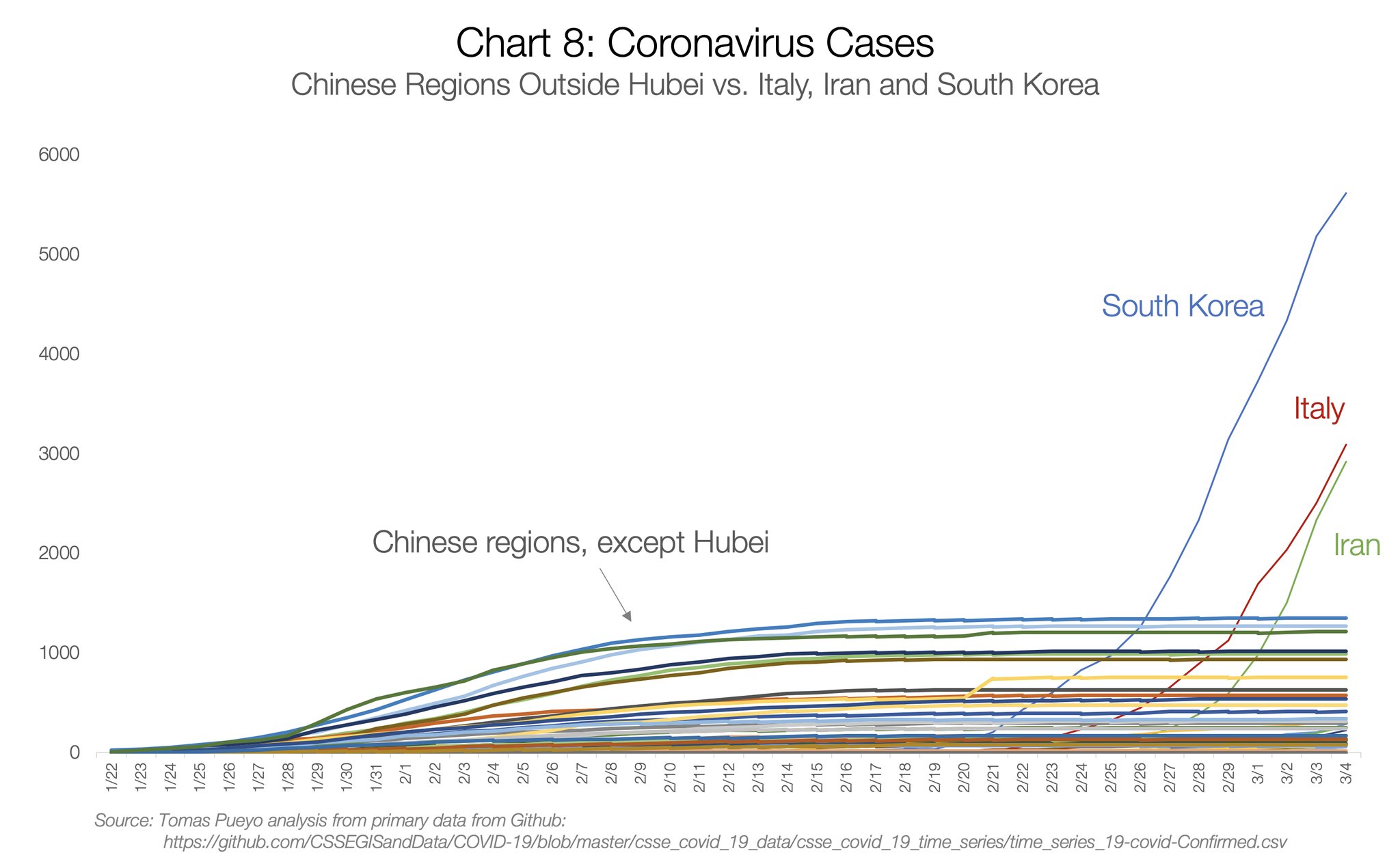
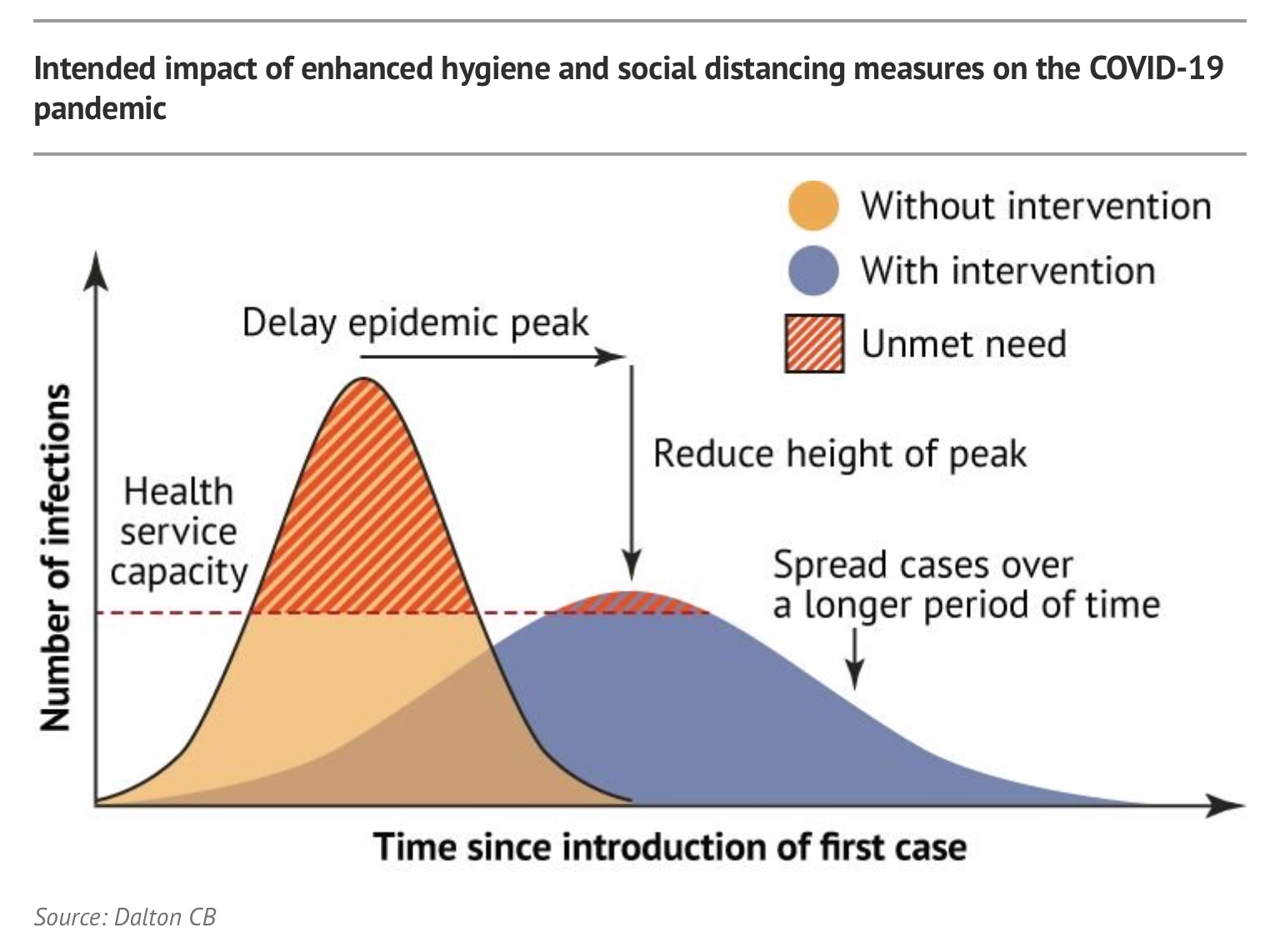
Unfortunately Italy didn’t take such aggressive measures early on. As a result they’ve faced a catastrophic surge in cases far outweighing the capacity of healthcare facilities. There has been talk of refusing care to those over a certain age – the burden too great. This may also explain the greater mortality rate seen in the Lombardi region of Italy at 5% compared with 3.5% experienced elsewhere.
Sydney, unfortunately, looks set to suffer the same fate as the Italians now and the Philadelphians from 1918 – perhaps worse. Measures Italy put in place early on still yet to be put in place in Sydney.
After the first recorded coronavirus death on February 21st Italian schools were closed – something Sydney is still yet to do.
On March 3rd non-urgent elective surgical cases in Italy were cancelled – by this time it was already too late.
(Note – almost no elective surgeries were performed in China in February 2020)
We’re still yet to postpone non-urgent elective surgical cases in Sydney.
Italy:
- Feb 20th 3 reported cases no deaths
- Feb 21st 20 cases and first death – schools closed
- Feb 22nd 63 cases and second death
- March 1st ish 2036 cases 52 deaths?
- Ceased non-urgent elective surgery on March3rd?
- March 10th 9100 cases 460 dead
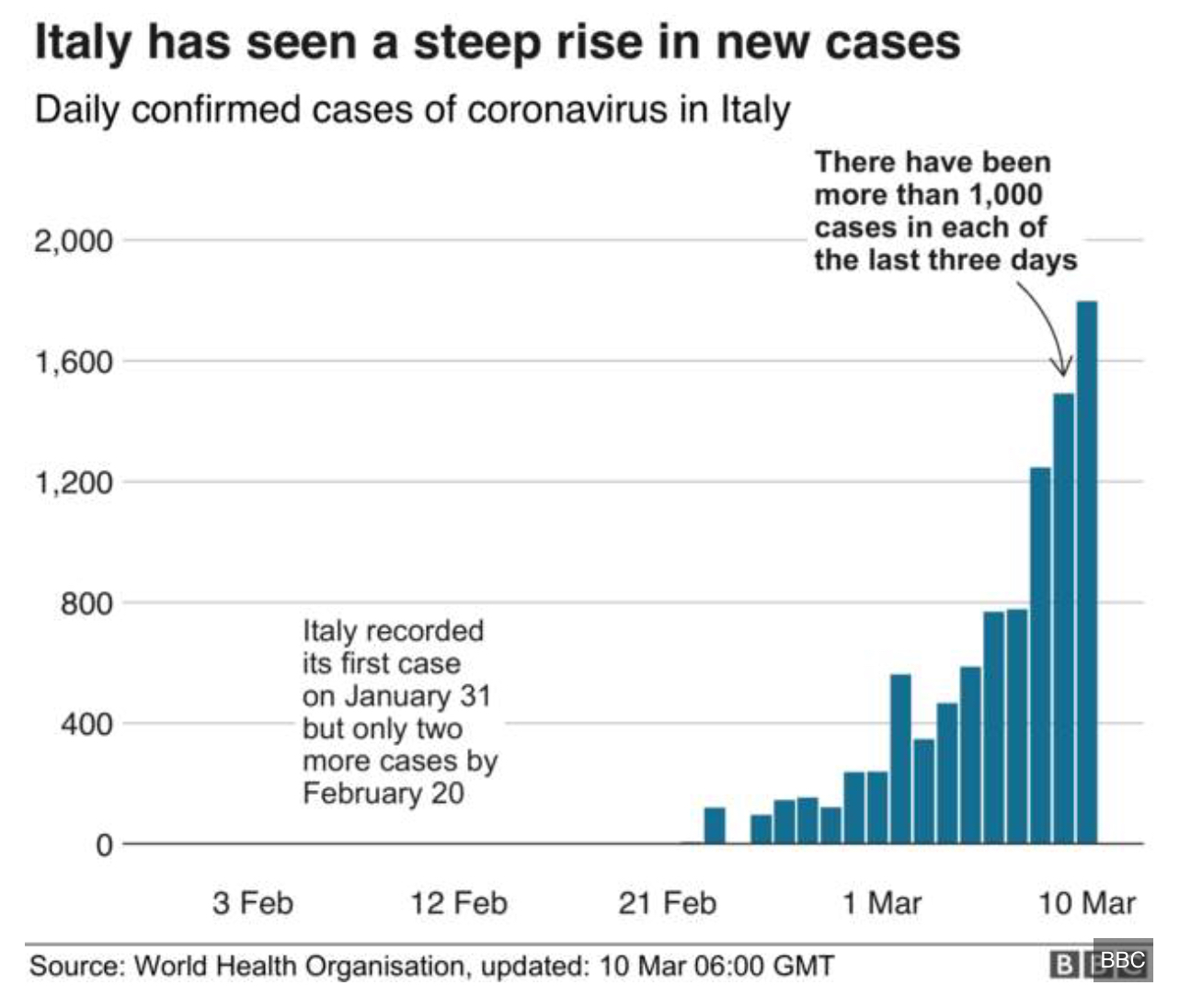
We need to adopt similar rapid and intensive containment and mitigation interventions to hose undertaken by the Chinese outside Hubei province:
Close all non-essential business locations
Work from home where possible
If you have children look after them (don’t rely on the elderly or sick to care for others they are at higher risk)
Close our schools
Provide children with on line learning and other activities
Stop all mass gatherings
Self isolate
Only leave the house to get essential items. (In Shanghai one person was allowed to leave the house once per day to gather essential items)
Cease all non-urgent elective surgical procedures.
It appears the majority of our elective surgical patients will support this move.
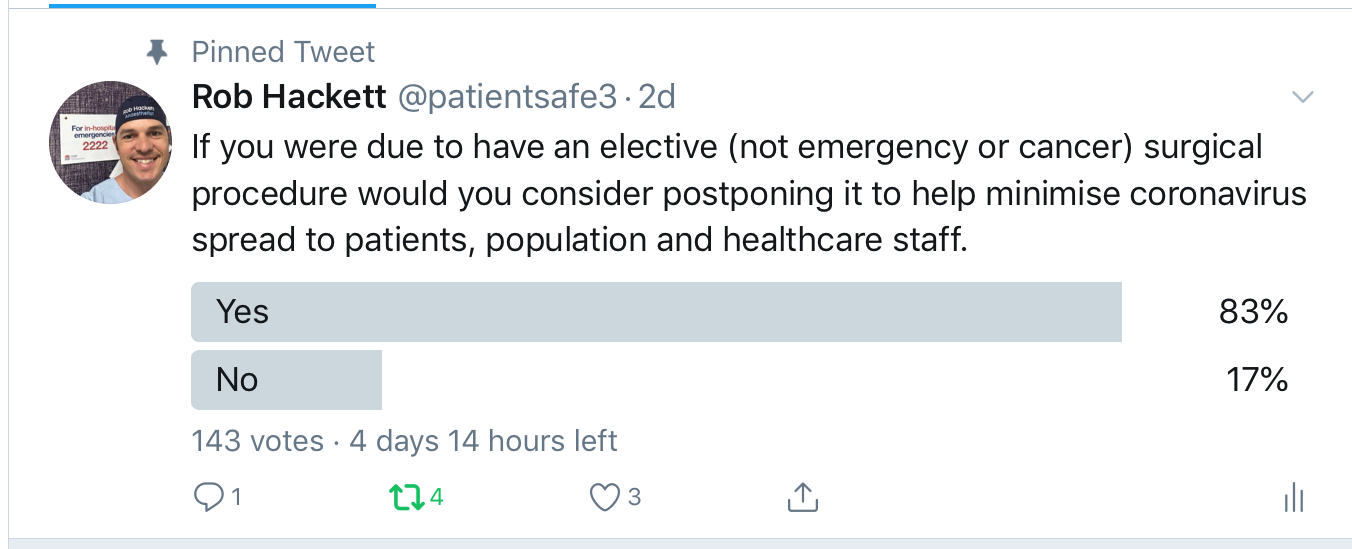
It appears the majority of medical staff support the postponement of non-urgent elective surgery too:
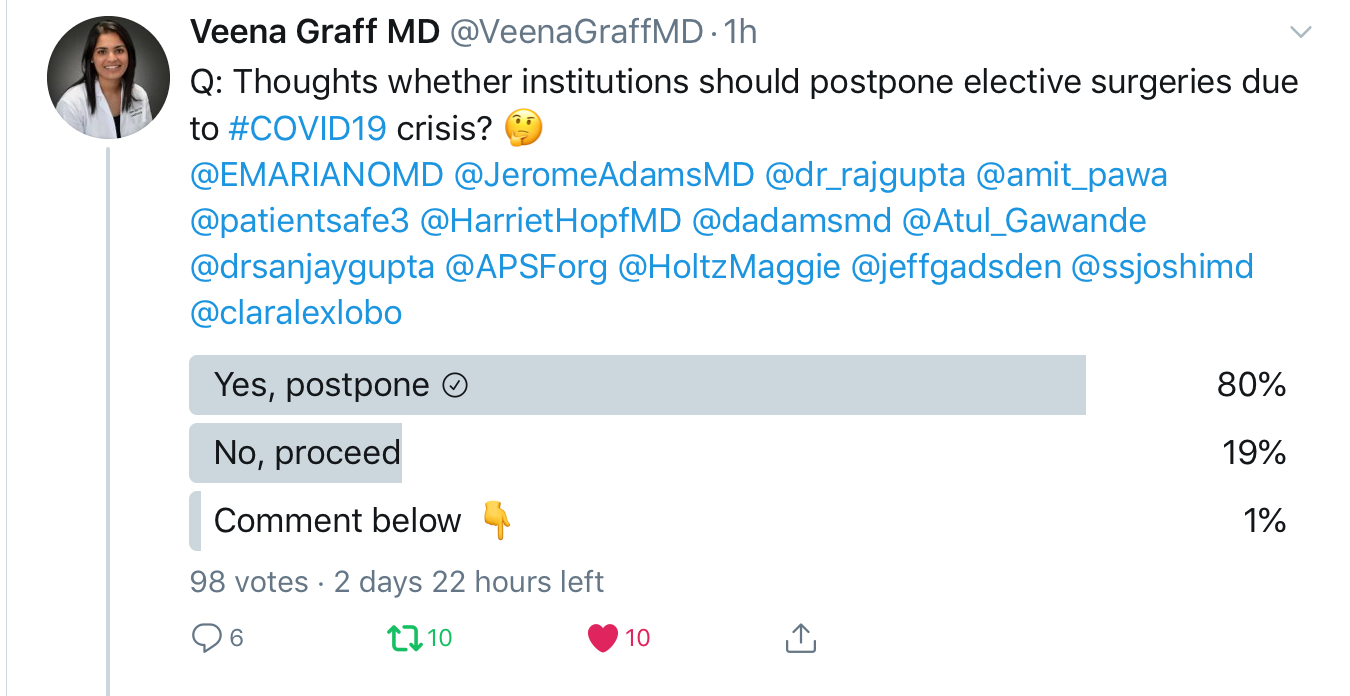
Surgeons – triage your patients. Which ones can reasonably postpone their procedure for 3 or 4 weeks – the next ask those patients if they’ll kindly consider delaying their procedure in the interest of refusing be coronavirus spread throughout the community. Offer them an incentive.
Healthcare staff – Ready ourselves, stockpile enough medical equipment to keep our patients and front line staff as safe as they can be.
Everyone – Repeat the end of year break we had over December and January – spend time with our families, enjoy their company, go for walks in the park.
Yes our economy will take a short term hit, yet it will be much less severe than the hit we’ll take if we don’t act now.
If we can achieve the same then we must.
If our governments don’t act quickly enough we must pressure them to do so…..
Please read this excellent review of data
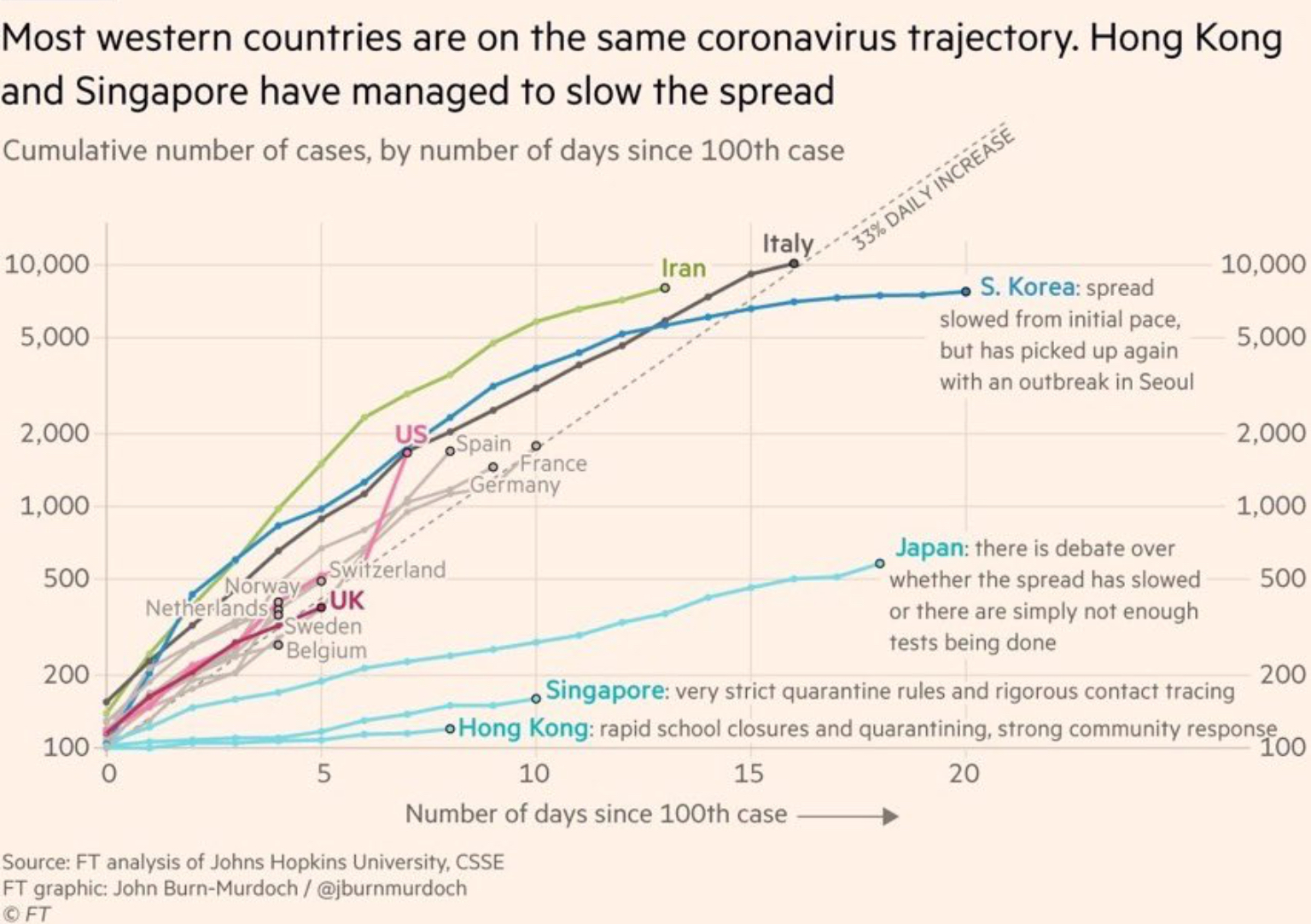
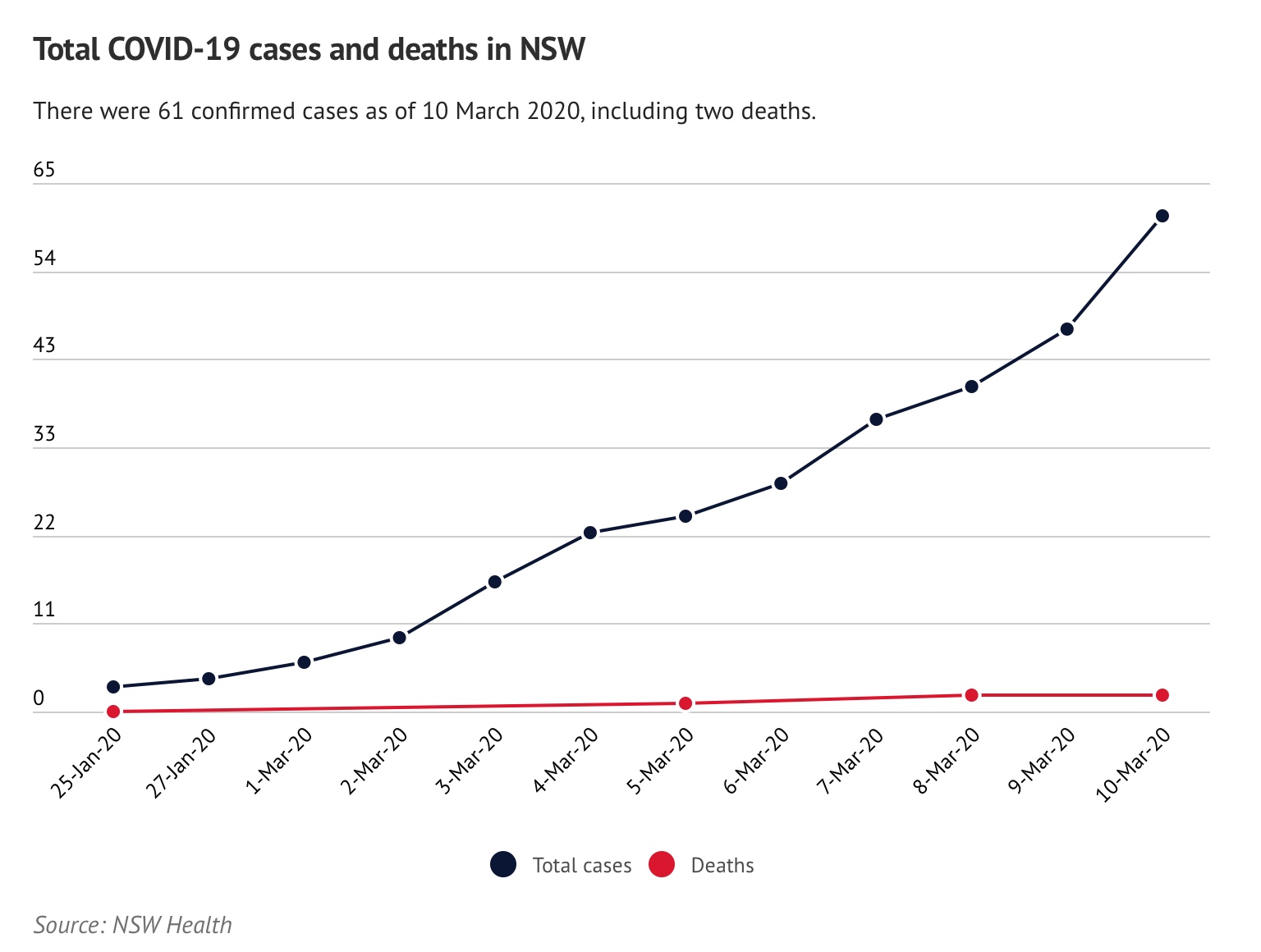
Australian Healthcare Staff Not Adequately Protected:
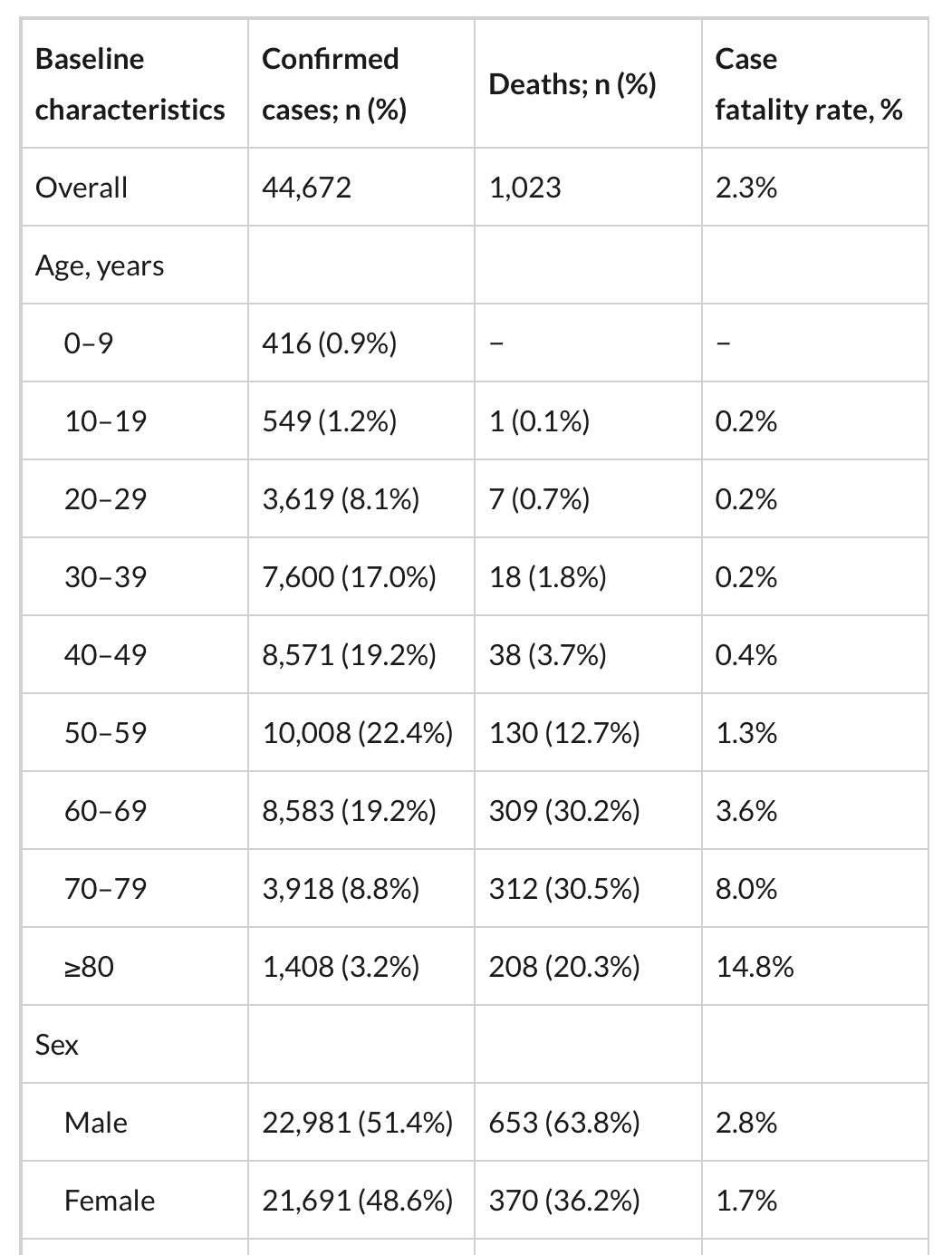

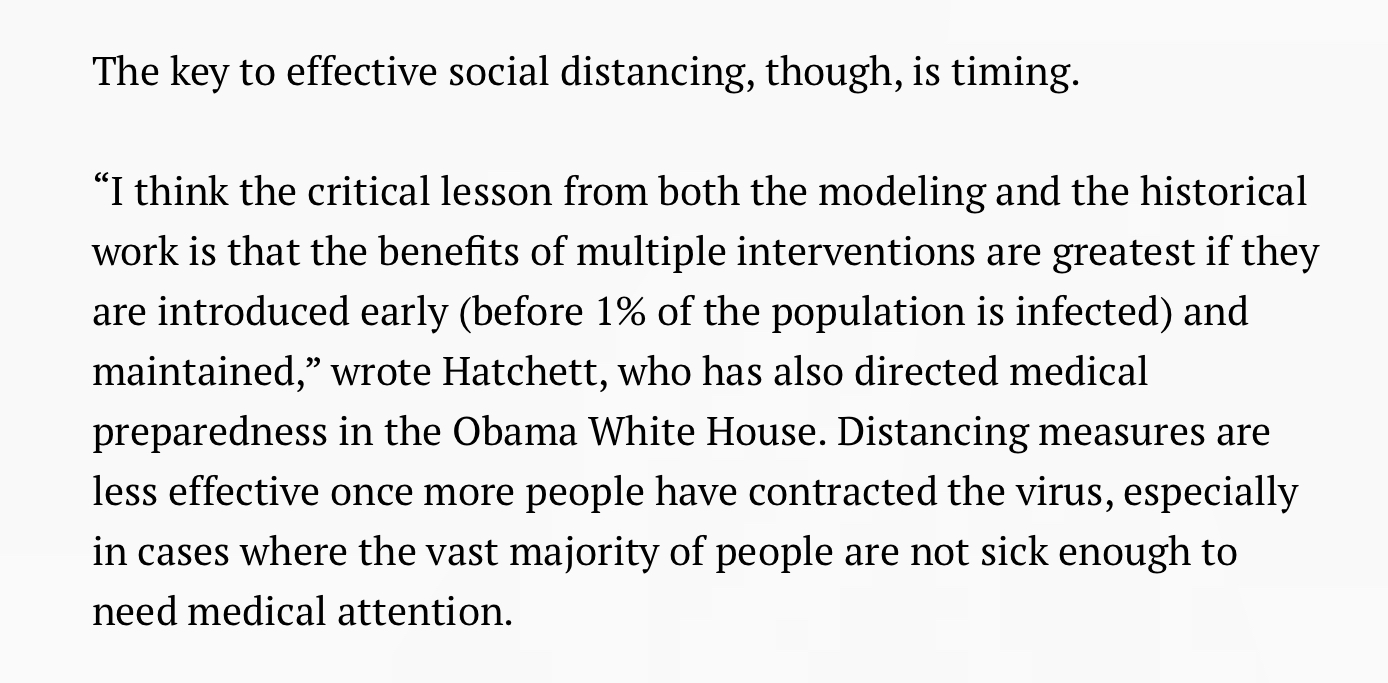
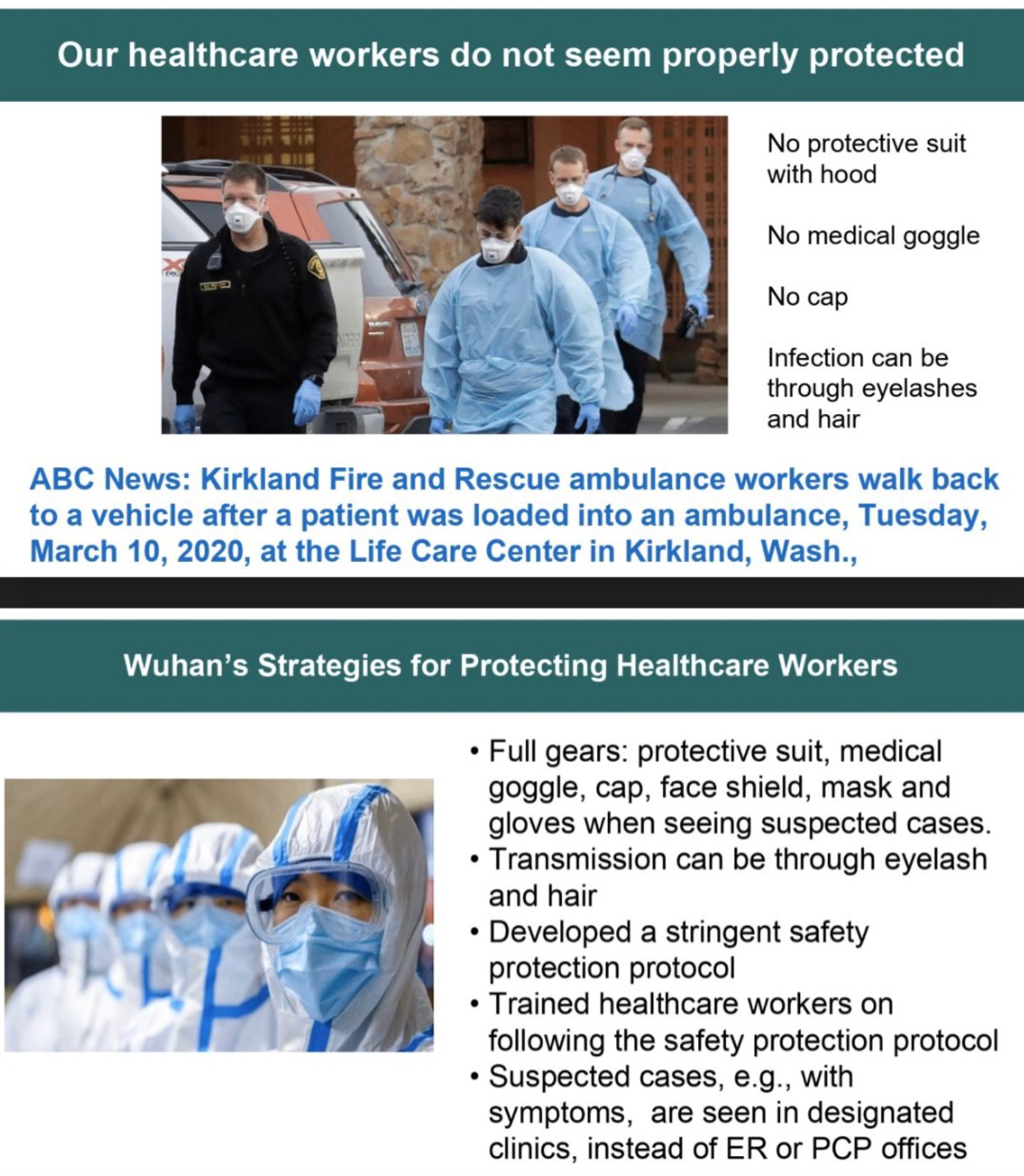
8 Comments